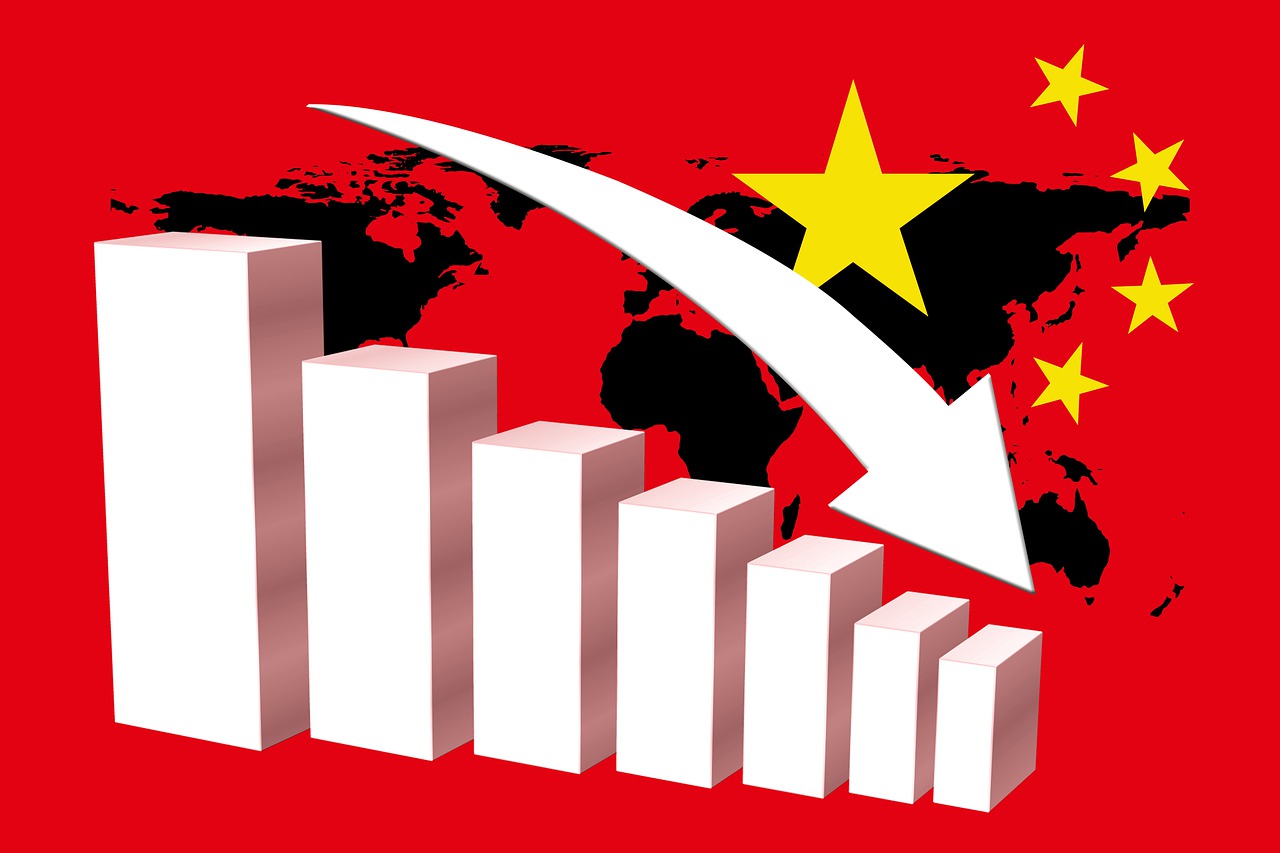As largely anticipated, the People’s Bank of China (PBOC) drastically reduced the reserve requirement ratio (RRR) of banks by 50bps on Monday.
This is the second time that the banks’ RRR has been reduced by the PBOC. Premier Li Keqiang spoke of this cut last Friday, in which he claimed that the activity is for economic boost and as well to help growing businesses.
 Effect of the PBOC Reserve Requirement Ratio Reduction
Effect of the PBOC Reserve Requirement Ratio Reduction
The reserve ratio refers to the percentage of money that financial institutions must keep back instead of lending or investing. The RRR slash by 50bps means the percentage of money that is be held back by financial institutions is reduced to 0.5%, thereby increasing the money available for commercial lending and investing. Hence, the weighted average RRR for banks now stands at 8.4% after this latest reduction, while an annual 15 billion yuan reduction in capital costs for banks is expected.
It has also been announced that this reduced RRR for financial institutions will take effect from the 15th of December. The RRR reduction means that Beijing expects long-term liquidity of around 1.2 trillion yuan. However, the government has vowed to maintain a reasonable money flow and will not allow an extravagant stimulus package. Nevertheless, there will be a stepping up of cross-cyclical adjustments.
 The RRR Reduction Will Not Trigger Extravagant Stimulus
The RRR Reduction Will Not Trigger Extravagant Stimulus
Therefore, nothing extravagant will be done by the PBOC due to the economy already suffering from weighing pressures and the considerable threat posed by the omicron variant of the COVID-19 to stretch the zero-COVID policy of the country as the new year approaches.
Nonetheless, the PBOC is expected to inject more money into the economy early next year, around the Lunar New Year holiday in February. The Chinese Communist Party’s Politburo adds that the reduction in the RRR will assist to maintain economic operations within a sensible range in the New Year.
There is no notable reaction of the USDCNY today as a result of the report. However, as the policy is implemented, we expect to see a rise in prices.
Note: Forexschoolonline.com is not a financial advisor. Do your research before investing your funds in any financial asset or presented product or event. We are not responsible for your investing results.


Leave a Reply